Serbia “can apply for EU membership”
Deputy Prime Minister Božidar Đelić told B92 today that Serbia would definitely be applying for European Union membership next year.
Thursday, 18.12.2008.
12:36

Deputy Prime Minister Bozidar Djelic told B92 today that Serbia would definitely be applying for European Union membership next year. He said that Serbia would submit an application regardless of whether EU member-states unfreeze the Stabilization and Association Agreement (SAA). Serbia “can apply for EU membership” This is the first time that a senior government official has floated the idea of applying for membership despite the fact that the SAA has yet to be unfrozen. “Serbia with an unfrozen interim trade agreement is sure to receive candidate status. That’s what EU officials in very open, and not just closed, circles are saying—that we are the Western Balkan country that is most ready to meet not only the SAA obligations, but all the other conditions of our candidacy,” he said. Djelic added that many European politicians were saying that Serbia could begin negotiations with the EU immediately in an administrative sense, and that there was quite a difference between our formal status with the EU and Serbia’s capacities. Holland’s unflinching stand on Hague cooperation is still the biggest problem in Serbia’s EU integration, said the minister, adding that other countries were trying to convince the Dutch to change their mind. Djelic could not say when the energy agreement with Russia would be ratified. He warned that in the negotiations with the Russians, Serbia must insist on Serbia’s SAA obligations. “The first is to implement the agreement starting on January 1, and we have committed to liberalizing the market for fuel derivates by, to be precise, January 1, 2012 at the latest. That means three years into the implementation of the SAA. As far as ecology is concerned, our laws mean that by 2015 our industrial processes will have been brought to the best possible standards of available technology,” the minister stressed. He said that he hoped that the energy agreement would be signed by the end of the year and that practice had shown that the Russians were open to negotiations even after agreements were signed. Djelic regretted that the government had not put enough effort into trying to maintain a united position during the negotiations. Bozidar Djelic (FoNet, archive) Djelic outlines govt. priorities Deputy PM Bozidar Djelic says there is no talk of any reconstruction within the government and that the priority is keeping people in work next year. Speaking to B92 about the support of international financial institutions, he said that European Investment Bank chiefs had confirmed EUR 540mn next year for Corridor 10. In addition to budget guarantees worth EUR 600mn, EUR 250mn is also envisaged to maintain the solvency of Serbia's economic system, he added. Asked why the government had failed to publish certain annexes of the Horgos-Pozega highway contract, the minister replied that the contract had yet to come into force and that the concessionaire had failed to meet either the financial or technical conditions. “If no agreement is reached by January 1, we’ll withdraw the guarantee, which is EUR 10mn,” he warned, adding that it was in the interests of all concerned to find a common language in the remaining few days before the contract's expiry. Asked whether the contract for the sale of the Serbian Oil Industry would be signed with the Russians, Djelic said that the plan was to wrap this up by the end of the year. He believes that “not enough effort has been invested in preserving a common negotiating position that should never under any circumstances have been allowed to come out in public.” The minister said that unilateral application of the Stabilization and Association Agreement would begin from January 1, even though the treaty has yet to be unfrozen. He pointed out, however, that Serbia had the support of 26 EU member-states in its endeavors. Djelic said that Serbian cooperation with the Hague Tribunal was progressing and that, in the event of its completion, Serbia could, in the opinion of the European Commission, count on receiving EU candidate status next year. He pointed out that at a summit of exporters yesterday, EUR 600mn had been earmarked to maintain the solvency of the national economy, in particular with regards to exporters, adding that “if we don’t sell goods“, there will be no money to keep the dinar stable and that this was a priority.
Serbia “can apply for EU membership”
This is the first time that a senior government official has floated the idea of applying for membership despite the fact that the SAA has yet to be unfrozen.“Serbia with an unfrozen interim trade agreement is sure to receive candidate status. That’s what EU officials in very open, and not just closed, circles are saying—that we are the Western Balkan country that is most ready to meet not only the SAA obligations, but all the other conditions of our candidacy,” he said.
Đelić added that many European politicians were saying that Serbia could begin negotiations with the EU immediately in an administrative sense, and that there was quite a difference between our formal status with the EU and Serbia’s capacities.
Holland’s unflinching stand on Hague cooperation is still the biggest problem in Serbia’s EU integration, said the minister, adding that other countries were trying to convince the Dutch to change their mind.
Đelić could not say when the energy agreement with Russia would be ratified. He warned that in the negotiations with the Russians, Serbia must insist on Serbia’s SAA obligations.
“The first is to implement the agreement starting on January 1, and we have committed to liberalizing the market for fuel derivates by, to be precise, January 1, 2012 at the latest. That means three years into the implementation of the SAA. As far as ecology is concerned, our laws mean that by 2015 our industrial processes will have been brought to the best possible standards of available technology,” the minister stressed.
He said that he hoped that the energy agreement would be signed by the end of the year and that practice had shown that the Russians were open to negotiations even after agreements were signed.
Đelić regretted that the government had not put enough effort into trying to maintain a united position during the negotiations.
Đelić outlines govt. priorities
Deputy PM Božidar Đelić says there is no talk of any reconstruction within the government and that the priority is keeping people in work next year.Speaking to B92 about the support of international financial institutions, he said that European Investment Bank chiefs had confirmed EUR 540mn next year for Corridor 10.
In addition to budget guarantees worth EUR 600mn, EUR 250mn is also envisaged to maintain the solvency of Serbia's economic system, he added.
Asked why the government had failed to publish certain annexes of the Horgoš-Požega highway contract, the minister replied that the contract had yet to come into force and that the concessionaire had failed to meet either the financial or technical conditions.
“If no agreement is reached by January 1, we’ll withdraw the guarantee, which is EUR 10mn,” he warned, adding that it was in the interests of all concerned to find a common language in the remaining few days before the contract's expiry.
Asked whether the contract for the sale of the Serbian Oil Industry would be signed with the Russians, Đelić said that the plan was to wrap this up by the end of the year.
He believes that “not enough effort has been invested in preserving a common negotiating position that should never under any circumstances have been allowed to come out in public.”
The minister said that unilateral application of the Stabilization and Association Agreement would begin from January 1, even though the treaty has yet to be unfrozen. He pointed out, however, that Serbia had the support of 26 EU member-states in its endeavors.
Đelić said that Serbian cooperation with the Hague Tribunal was progressing and that, in the event of its completion, Serbia could, in the opinion of the European Commission, count on receiving EU candidate status next year.
He pointed out that at a summit of exporters yesterday, EUR 600mn had been earmarked to maintain the solvency of the national economy, in particular with regards to exporters, adding that “if we don’t sell goods“, there will be no money to keep the dinar stable and that this was a priority.










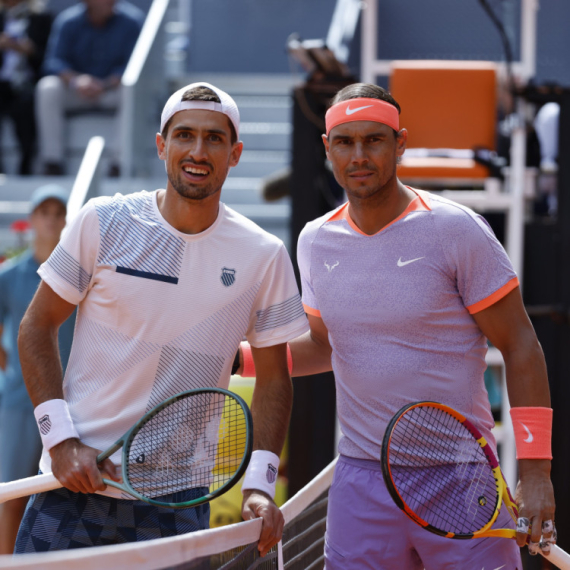
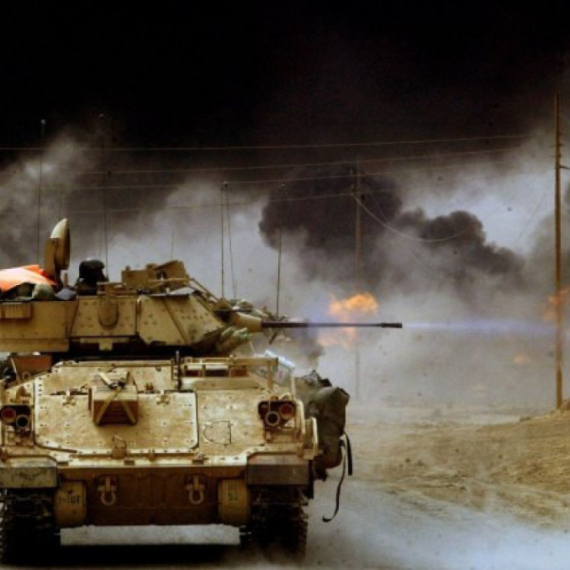

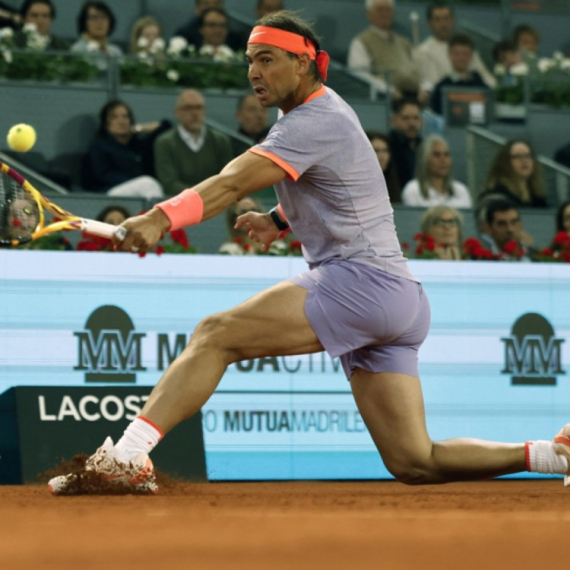


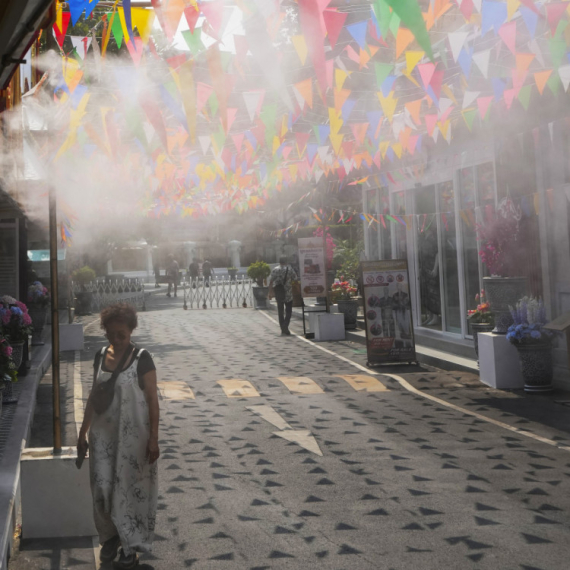

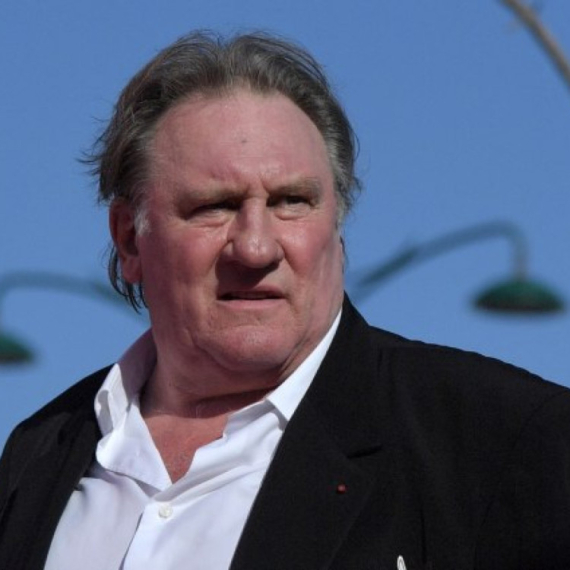

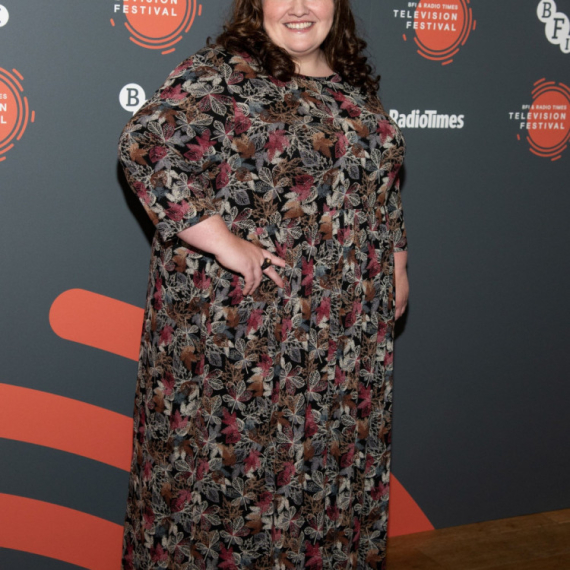


























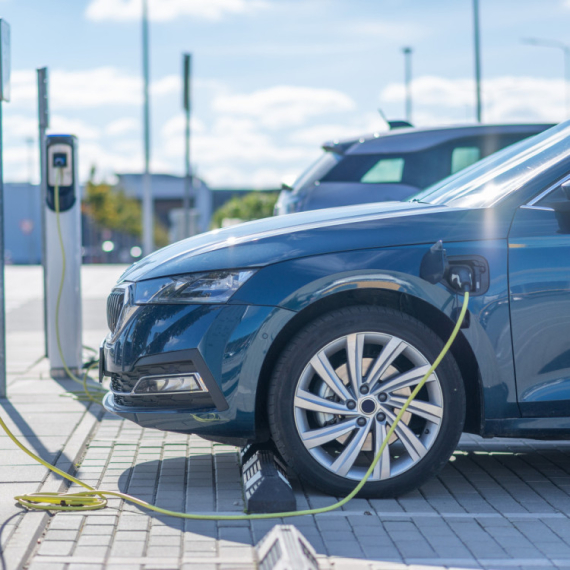
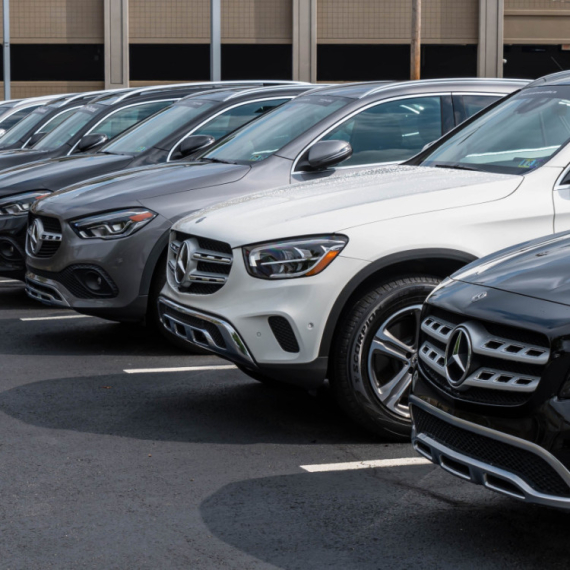









Komentari 22
Pogledaj komentare